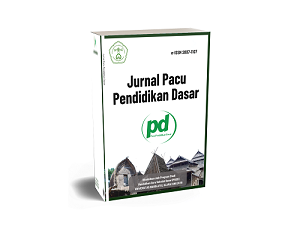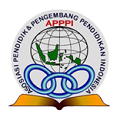Improving Students’ Reading Skills Through Information Gap Activities
An Experimental Research on Second Grade Students of SMAN 1 WOJA, Dompu Academic Year 2020/2021
Abstract
The aim of this study was to examine the effectiveness of information gap activities to improve students’ reading skills especially skimming and scanning. This study was conducted at the second grade students of SMAN 1 Woja. It was an experimental research using quasi-experimental design with pre-test and post-test design which were given to the experimental and control group as the participants. The experimental group was XI MIPA 1 which was taught using information gap activities about analytical exposition text, while, the control group was XI MIPA 2 which was taught without using information gap. The result of this study shows that information gap activities has an effect to increase students’ reading skills with the mean score obtained by the experimental group 69.35 which was greater than the control group which was 62.5. The t-test result indicated that the alternative hypothesis (Ha) was accepted and the null hypothesis (H0) was rejected in which at significance 5% t-test was greater that t-table (to > tt) which was 3 > 1.996 and at significance 1% to > tt which was 3 > 2.652. It means that there is significant effect of information gap activities to improve students’ reading skills. The observation data gained in this research shows that information gap activities provide a cooperative learning environment, help students to remember the information in the text easily, create fun learning atmosphere, and increase vocabulary mastery. The result proved that information gap activities can be the alternative strategy to increase reading skills.
Keywords: reading skills, information gap activities, skimming, scanning.














